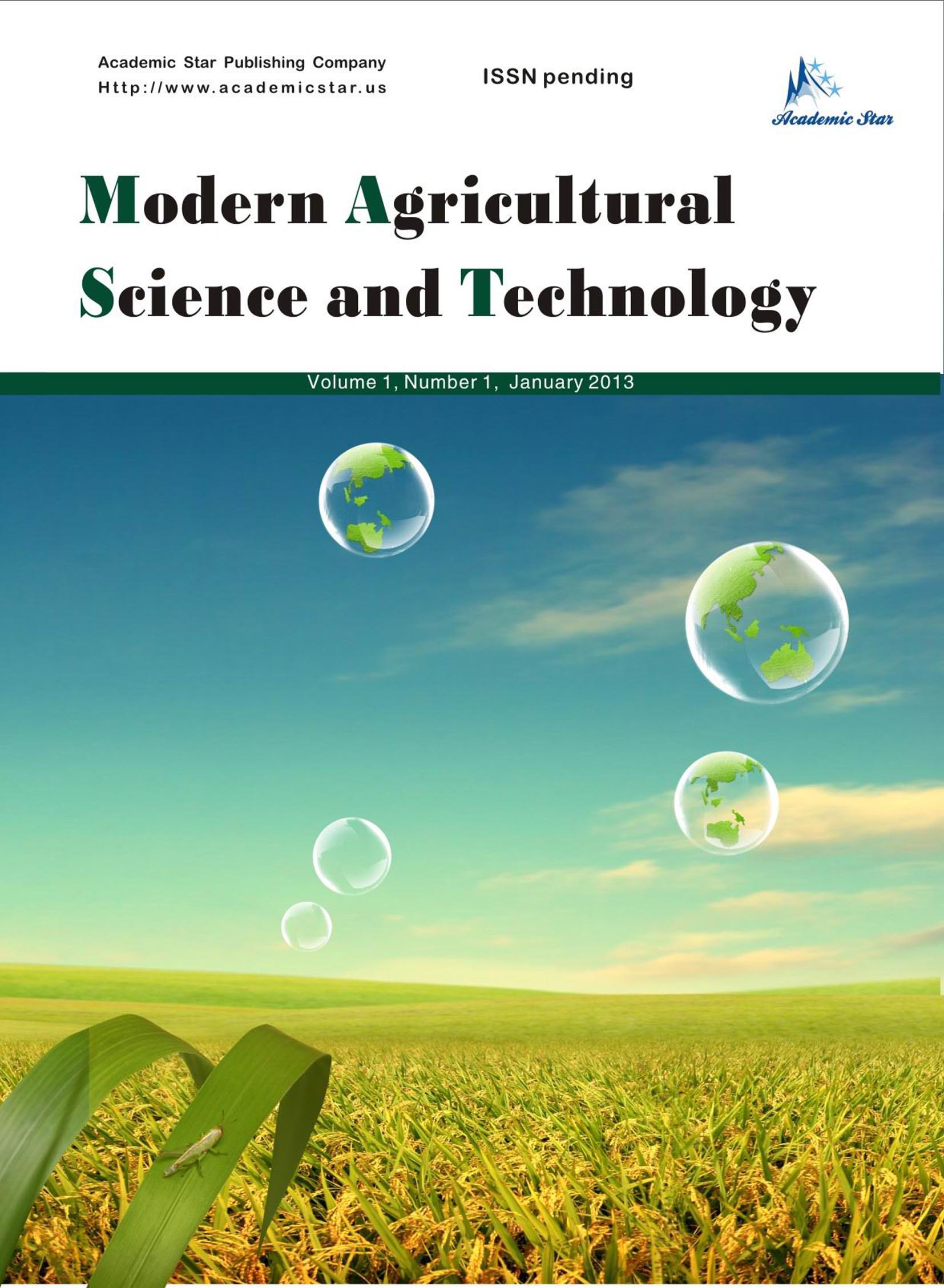Technology and Engineering

- ISSN: 2375-9402
- Modern Agricultural Science and Technology
Alginate Spheres With Urea and Linoleic Acid: A Biological Nitrification Inhibitor Proposal
Berenice Avendaño-Morales1, Claudia Hidalgo-Moreno1, Julián Delgadillo-Martínez1, Alejandro Alarcón1, and
Maribel Jiménez-Fernández2
1. Colegio de Postgraduados, Campus Montecillo, Mexico
2. Centro de Investigación y Desarrollo de Alimentos, Universidad Veracruzana, Mexico
Abstract: An alternative to reduce N-NO3- and N2O losses and improve nitrogen-use efficiency is inhibitors of ammonia monooxygenase and hydroxylamine oxidoreductase enzymes. Linoleic acid is a biological nitrification inhibitor. In this study, alginate spheres were produced to encapsulate urea and linoleic acid. Two procedures were evaluated for the preparation of the spheres: spray needle and gravity. Different (alginate: urea: linoleic acid) ratios were tested: coating (alginate), urea sources (inorganic fertilizer-urea and urine), and inhibitor (linoleic acid). The encapsulation percentage of the actives was evaluated through the percentage of lipids (from linoleic acid) and N (from urea or urine). The release kinetics of the actives in water and soil were also conducted. Spheres with the highest percentage of lipids (10.4%) were obtained by gravity with urine 1:1:0.3. The highest percentage of N (10.8%) corresponded to spheres by gravity with urea 1:3:0.3. Gravity spheres 1:1:0.3 with urea released 93% of N and 100% of lipids after 28 days. Gravity spheres 1:1:0.3 with urine released 90% of N after 28 days and all lipids on the seventh day, so the use of urine in sphere preparation was discarded. The most efficient procedure was gravity 1:1:0.3 for the purpose of using them as nitrification inhibitors.
Key words: agrochemical, biotechnology, coacervation, encapsulation, urine






